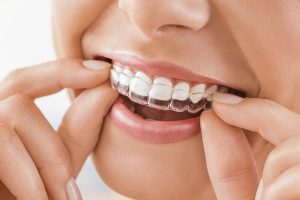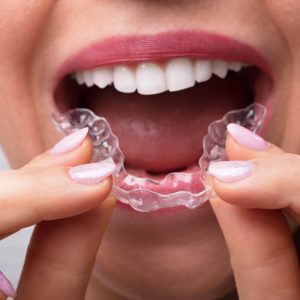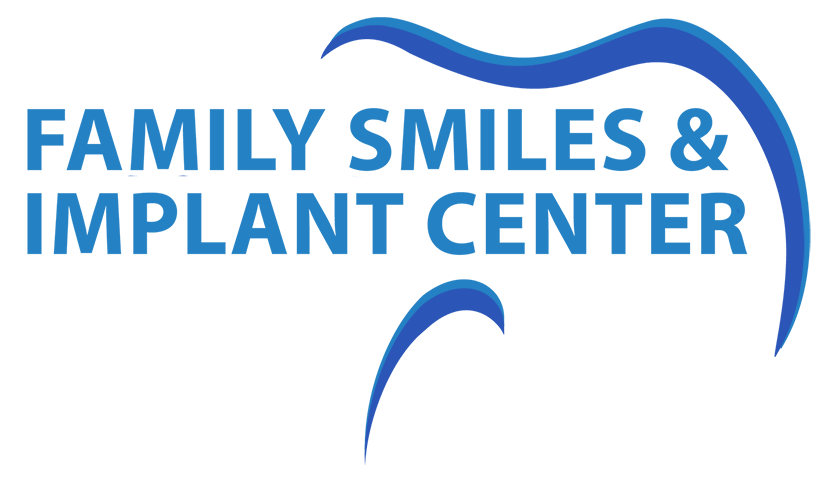The Ultimate Guide to Invisalign Clear Braces: Pros and Cons
Invisalign clear braces have revolutionized orthodontic treatment, offering a discreet and convenient alternative to traditional metal braces. Since their introduction, Invisalign has become a popular choice for individuals seeking to straighten their teeth without compromising aesthetics. In this comprehensive guide, we’ll delve into the pros and cons of Invisalign clear braces.
Pros
1. Aesthetics
Invisalign aligners are crafted from clear, BPA-free plastic, rendering them nearly invisible. This feature makes them ideal for individuals who want to maintain a professional image or avoid drawing attention to their orthodontic treatment.
2. Removability
Unlike traditional braces, Invisalign aligners can be removed for eating, brushing, and special occasions. This flexibility ensures that patients can enjoy their favorite foods and maintain good oral hygiene.
3. Comfort
The smooth, plastic design of Invisalign aligners reduces irritation to cheeks and gums, providing a more comfortable experience compared to metal braces.

Invisalign Braces in Saddle River NJ
4. Customization
Invisalign’s advanced technology ensures that aligners are tailored to individual needs, resulting in a precise fit and effective treatment.
5. Faster Treatment
Invisalign treatment typically lasts between 12-18 months, significantly shorter than traditional orthodontic treatments.
6. Fewer Office Visits
Invisalign requires fewer appointments, as aligners are swapped out every two weeks, reducing the need for frequent adjustments.
7. Wide Range of Treatable Cases
Invisalign can address various orthodontic issues, including overcrowding, spacing, crossbites, overbites, and underbites.
Cons
1. Cost
Invisalign is generally more expensive than traditional metal braces.
2. Requires Discipline
To achieve optimal results, patients must wear aligners 20-22 hours per day.
3. Initial Discomfort
Some patients experience temporary discomfort or sensitivity when switching to new aligners.
4. Limited Suitability
Invisalign may not be recommended for complex orthodontic cases or severe bite issues.
5. Tooth Discoloration
Failure to properly clean aligners can lead to trapped stains or food particles.
6. Retention
To maintain results, patients must commit to ongoing retention, typically involving periodic aligner wear.
7. Interference with Speech
Some patients may experience temporary speech difficulties, such as lisps or whistling.
Additional Considerations
1. Insurance Coverage
Verify insurance coverage and financing options before committing to Invisalign.

Invisalign clear braces Park Ridge NJ
2. Oral Hygiene
Maintain rigorous oral hygiene practices to prevent tooth decay and gum disease.
3. Maintenance
Regularly clean and store aligners to ensure longevity.
4. Treatment Complexity
Consult an experienced orthodontist or dentist to determine if Invisalign suits your needs.
Candidacy
Invisalign is suitable for:
-
Adolescents and adults
-
Mild to moderate orthodontic cases
-
Overcrowding, spacing, crossbites, overbites, and underbites
Invisalign Options
-
Invisalign Full: Comprehensive treatment for complex cases
-
Invisalign Lite: For mild orthodontic issues
-
Invisalign Express: Quick treatment for minor adjustments
-
Invisalign Teen: Designed for adolescents
Alternatives
-
Traditional metal braces
-
Ceramic braces
-
Lingual braces
Conclusion
Invisalign clear braces offer numerous benefits, including aesthetics, comfort, and convenience. While considering Invisalign, weigh the pros and cons, assess your candidacy, and consult an experienced orthodontist or dentist. With proper care and commitment, Invisalign can effectively transform your smile.
Frequently Asked Questions
-
How long does Invisalign treatment take?
-
12-18 months.
-
How much does Invisalign cost?
-
Varies; typically $3,000-$8,000.
-
Are Invisalign aligners painful?
-
Initial discomfort may occur.
-
Can I remove Invisalign aligners?
-
Yes, for eating, brushing, and special occasions.
-
How often should I wear Invisalign aligners?
-
20-22 hours per day.
Consult a professional dentist or orthodontist for personalized advice and evaluation.


Recent Comments